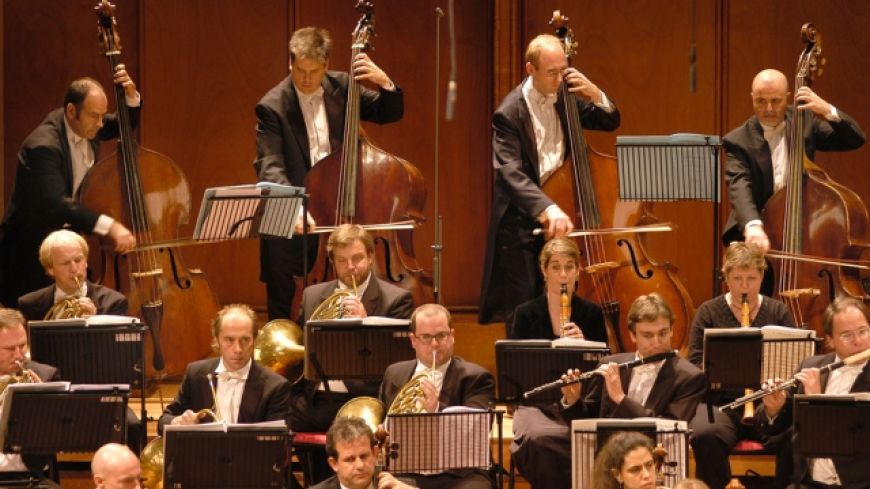
Born in 1809 into an affluent, intellectual Jewish family who converted to Christianity, Felix Mendelssohn displayed a musical precocity from an early age. A prodigious composer he had already written numerous works by early adolescence - piano sonatas, trios, symphonies for stringed instruments, a one-act opera and at the age of sixteen composed one of the greatest chamber works, the Octet in E Flat for four violins, two violas and two cellos. A deeply spiritual person, he drew inspiration from the Oratorios of Handel and Hadyn and at the age of twenty - after a year and half of rehearsals - conducted Johann Sebastian Bach's Saint Matthew Passion.
Elijah, considered to be the most dramatic oratorio ever written, was conducted by Mendelssohn and first performed to great acclaim in 1846 in Birmingham, a year before his premature death.
Written in German as Elias and translated into Elijah, Mendelssohn was drawn to the dramatic text, taken from 1 and 2 Kings in the Old Testament which tells the story of the prophet Elijah as he summons the people to righteousness. Imploring them to eschew idol worshipping, he confronts the wicked queen Jezebel and finally ascends to heaven in a fiery chariot.
Mendelssohn wrote to his friend Schubring: "I figured to myself Elijah as a thorough prophet, such as we might again require in our own day - energetic and zealous, but also stern, wrathful and gloomy; a striking contrast to the court rabble and popular rabble - in fact, in opposition to the whole world and yet borne on angels' wings." And at last night's concert the audience had the pleasure of being transported back to the time when Elijah was first performed.
Using original period instruments, the Orchestre des Champs-Elysees created a wonderful authentic sound. They take a little while to get used to because we are so accustomed to hearing perfection with regard to tones and these instruments can be tricky to play, particularly the French horns, as they require quite an expertise to hit the notes accurately - but they succeeded. The choir - Collegium Vocale Gent (founded by Philippe Herreweghe) in collaboration with Coro dell'Accademia Chigiana Siena - are specialists in Baroque performance, and the two sopranos and alto in the trio of Three Angels in Part II of the oratorio sang exquisitely in this unaccompanied section.
Conducted by the flamboyant Belgium conductor Philippe Herreweghe, it was an uplifting performance of this splendid choral work. The soloists were the soprano Simona Saturova; the tenor Maximilam Schmitt; the baritone Florian Boesch who as Elijah elicited the dignity and depth of this Prophet and Gerhild Romberger (who replaced the indisposed Christianne Stotijin) whose magnificent, rich mezzo-soprano voice was a joy to listen to.

